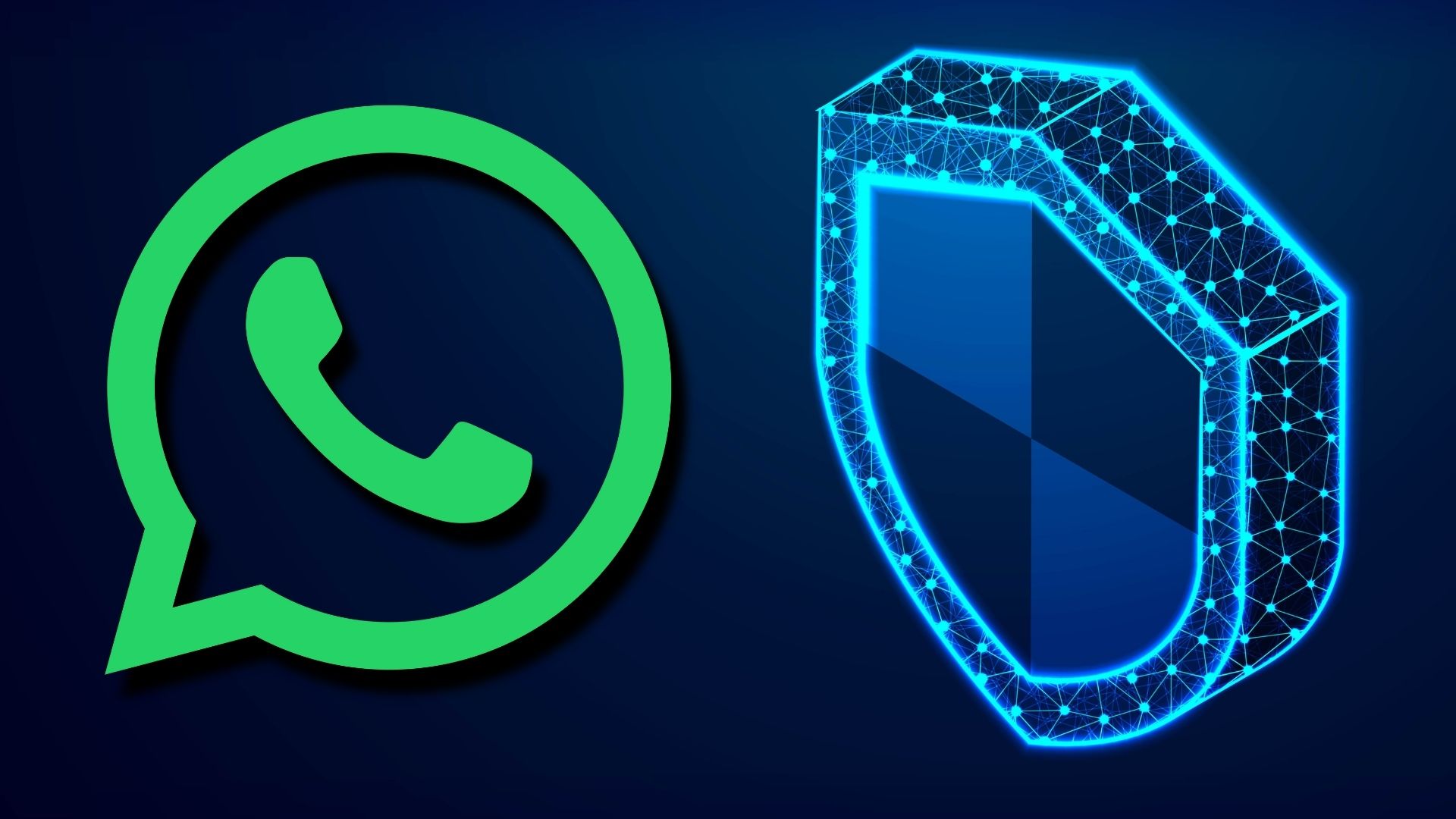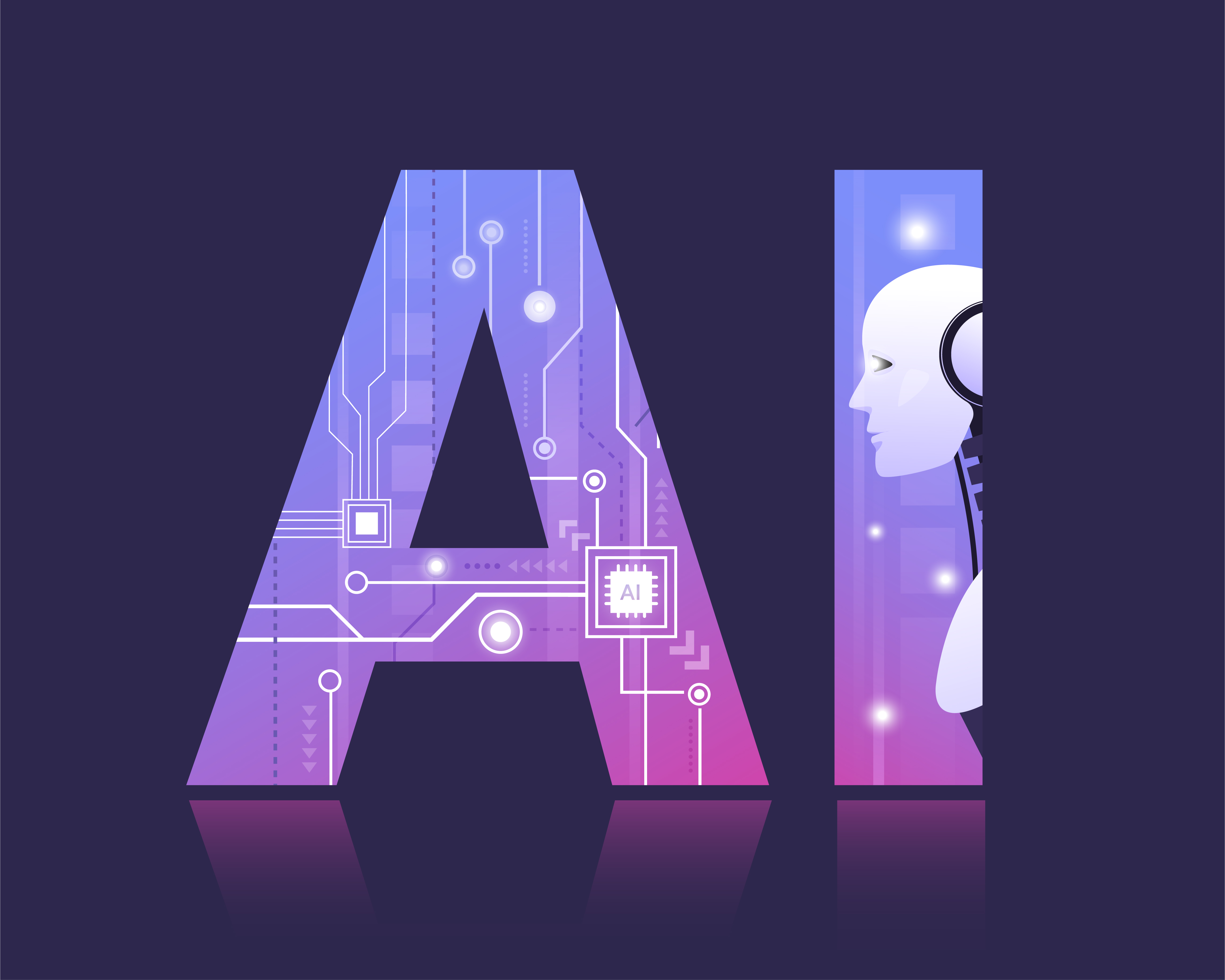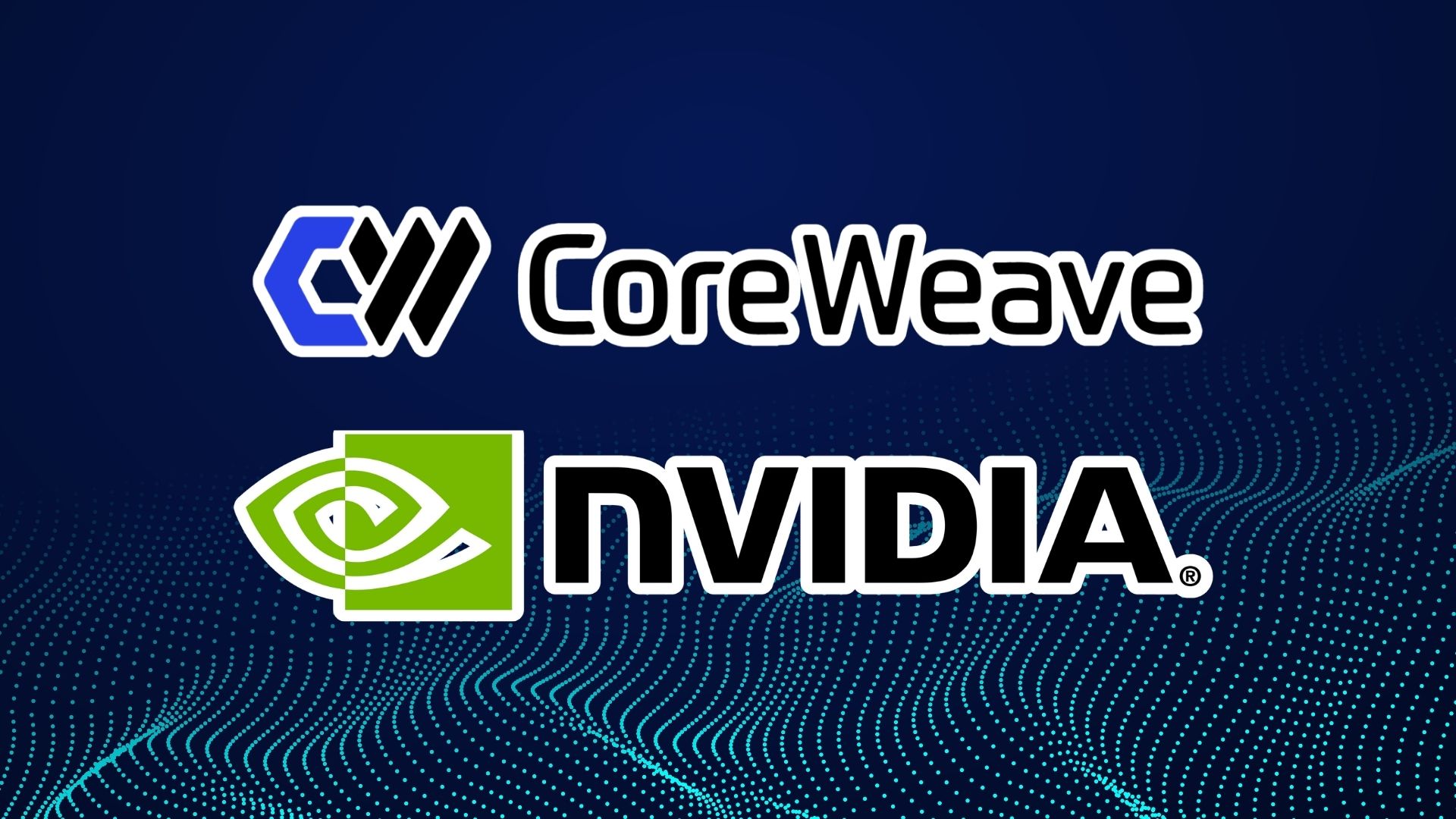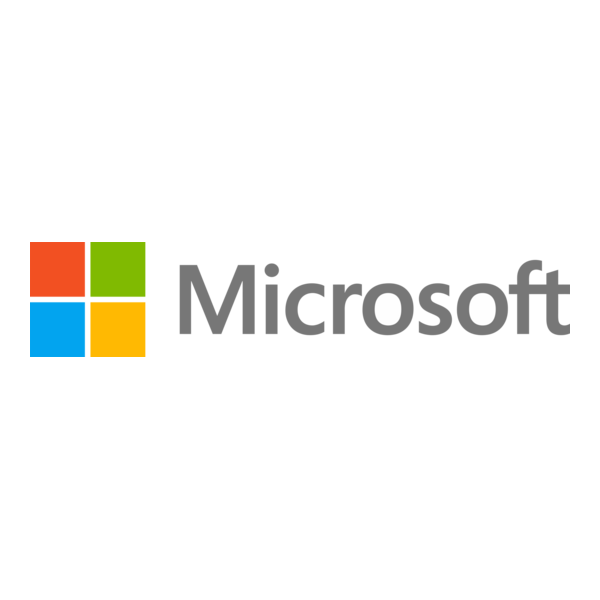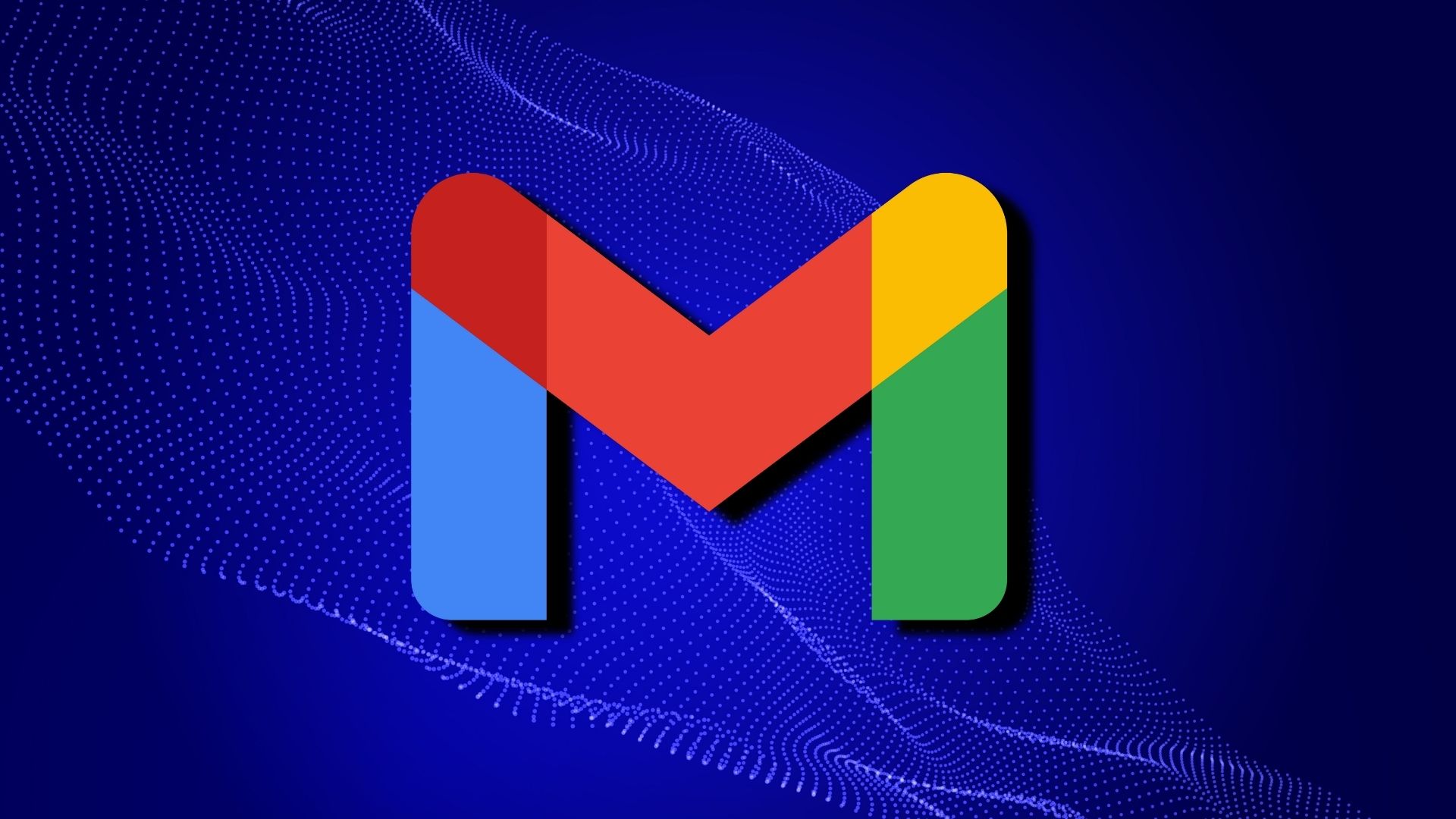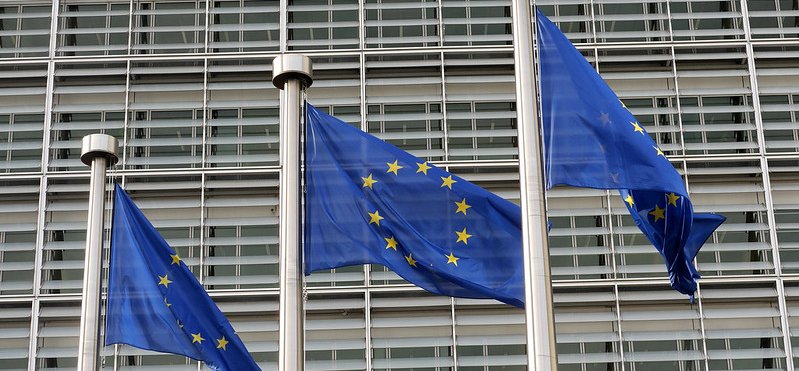A new ‘Strict Account Settings’ mode introduced by WhatsApp aims at users who face heightened digital security risks, including journalists and public-facing figures targeted by sophisticated cyber attacks.
The feature automatically applies the platform’s most restrictive privacy controls, limiting how the app functions by blocking attachments and media from unknown contacts and tightening account permissions.
Strict Account Settings can be enabled through the Privacy and Advanced settings menu and will roll out gradually to users over the coming weeks, according to the company.
WhatsApp said the update builds on its default end-to-end encryption framework, designed to ensure private conversations remain protected both online and in person.
The company has also strengthened its security infrastructure by deploying Rust behind the scenes to reduce vulnerabilities linked to spyware and malicious exploits.
Would you like to learn more about AI, tech, and digital diplomacy? If so, ask our Diplo chatbot!

